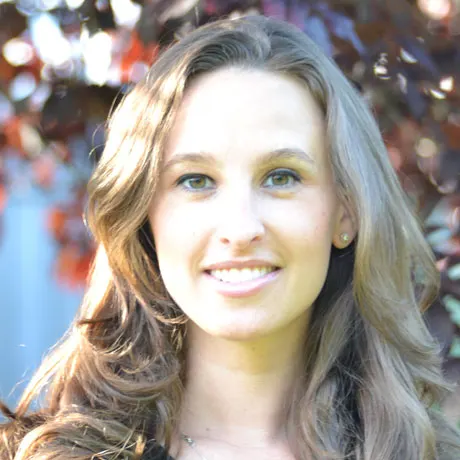Is it ADHD or a sleep disorder?
Q. I’ve heard that sleep disorders are sometimes misdiagnosed as ADHD. How can doctors tell if someone has ADHD or a sleep disorder — or both?
A. Great question. Some signs of ADHD, like trouble with focus or self-control, can look a lot like some signs of sleep disorders. That’s because trouble with attention can affect sleep — and trouble with sleep can affect attention.
Doctors can tease the problems apart, though, and make an accurate diagnosis. The symptoms can look alike, but they have different root causes.
Here are some of the ways ADHD can affect sleep:
People with ADHD can have trouble winding down at night. It may take a long time to “shut off” their brain so they can sleep.
Not getting enough sleep makes it harder for people with ADHD to concentrate the next day.
ADHD medication can play a role. If it keeps working too late in the day, it can delay the relaxing needed to get to sleep. If this happens a lot, ask your doctor about fine-tuning the medication.
Sleep disorders can affect the amount or quality of sleep a person gets. And this can interfere with things like attention and stamina during the day. Here are some different types of sleep disorders:
Sleep apnea: This involves snoring and frequent, long pauses in breathing.
Nightmares and night terrors: These can rise to the level of a disorder if they happen a lot and cause problems with getting stuff done during the day.
Restless legs syndrome: This involves unpleasant sensations in the legs and can wake people up many times during the night.
Insomnia: This makes it hard to fall asleep or stay asleep — or both.
If you’re wondering if you’re seeing signs of ADHD or a sleep disorder, you can help the doctor look for patterns in the following areas:
Sleep habits and quality: Write down when you go to bed and wake up, and which days your sleep was more restful.
Snoring: Snoring and sleep apnea can affect attention. If you show symptoms of sleep apnea, have a doctor check your tonsils and/or adenoids.
Exercise: Does exercise help you fall asleep or stay asleep? Does it matter what time of day you exercise?
Nutrition: Keep track of your diet. Notice if your meals are healthy or not. Write down how much caffeine you drink (soda, tea, coffee). Balance is often key to a good night’s sleep.
Screen time and downtime: Often, watching TV or playing video games can make it hard to settle down. To fall asleep at night, you may want to read or find another calming activity.
Keeping a close eye on these areas can be a big help to your doctor. The details you share can help with making an accurate diagnosis.
Keep in mind that not everyone who has trouble sleeping has ADHD. But trouble sleeping may have an even bigger effect on people who do have ADHD. That’s why talking about sleep is such an important part of any ADHD testing and treatment plan.
Looking for more information on sleep? Check out these tips for getting a good night’s sleep.

